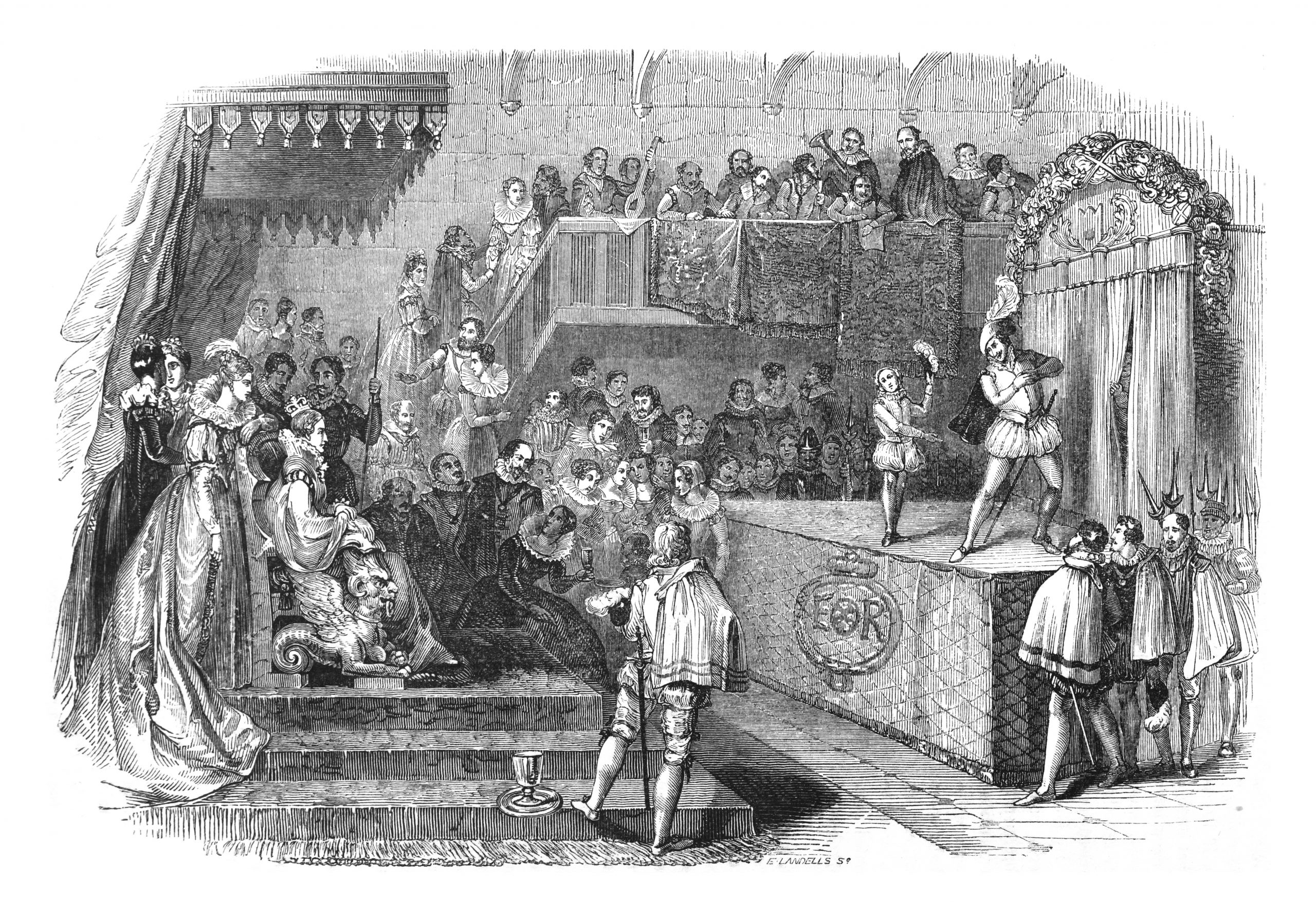William Shakespeare, often hailed as the Bard of Avon, stands as a colossus in the realm of literature, leaving an indelible mark on the fabric of human expression. His works, spanning plays, sonnets, and poems, continue to captivate and resonate across centuries. In this exploration, we delve into the enduring relevance of Shakespeare, examining the timeless qualities that render his creations both ageless and universal.
Shakespeare’s genius lies not merely in the beauty of his language but in his unparalleled ability to distill the complexities of the human experience. His plays, with their intricate plots and multifaceted characters, serve as mirrors reflecting the spectrum of human emotions, flaws, and aspirations. From the tragic depths of “Hamlet” to the comedic heights of “A Midsummer Night’s Dream,” Shakespeare captures the essence of the human condition with unparalleled insight.
One of the hallmarks of Shakespeare’s work is its universality. Despite being rooted in the Elizabethan era, the themes explored in his plays transcend time and cultural boundaries. Love, jealousy, power, betrayal — these elemental aspects of the human psyche remain as relevant today as they were in Shakespeare’s day. The universality of his themes allows audiences from diverse backgrounds to find common ground with characters who grapple with the same fundamental questions of existence.
Shakespeare’s language, often considered archaic by contemporary standards, is a testament to the enduring power of eloquence. His words, though centuries old, possess a timeless quality that elevates them beyond the constraints of temporal context. The Bard’s linguistic prowess not only enriches the aesthetic appeal of his works but also serves as a testament to the enduring power of well-crafted prose.
The plays of Shakespeare are not static relics of a bygone era but dynamic canvases that invite reinterpretation and adaptation. Countless filmmakers, playwrights, and artists have drawn inspiration from Shakespearean narratives, breathing new life into age-old stories. Whether set in contemporary times or alternate universes, these adaptations demonstrate the resilience of Shakespeare’s narratives, proving that the essence of his work can be seamlessly transposed into different contexts.
Beyond the stage, Shakespeare’s influence extends into the very fabric of the English language. Many phrases and expressions we take for granted today find their origins in his plays and sonnets. From “star-crossed lovers” to being “in a pickle,” Shakespeare’s linguistic contributions have become an integral part of everyday communication, shaping the way we express ourselves.
Shakespeare’s enduring legacy is also evident in the continued academic scrutiny of his works. Scholars and students alike engage in an ongoing dialogue with the Bard, dissecting his plays, uncovering hidden meanings, and exploring the socio-cultural context in which he wrote. The depth and richness of Shakespearean scholarship highlight the inexhaustible well of inspiration and intellectual stimulation that his works provide.
In conclusion, the enduring allure of Shakespeare lies in his ability to transcend the limitations of time and space. His works resonate not as relics of a bygone era but as living, breathing reflections of the human experience. Through the universality of his themes, the beauty of his language, and the adaptability of his narratives, Shakespeare continues to captivate and inspire, proving that the Bard’s genius is truly timeless.

